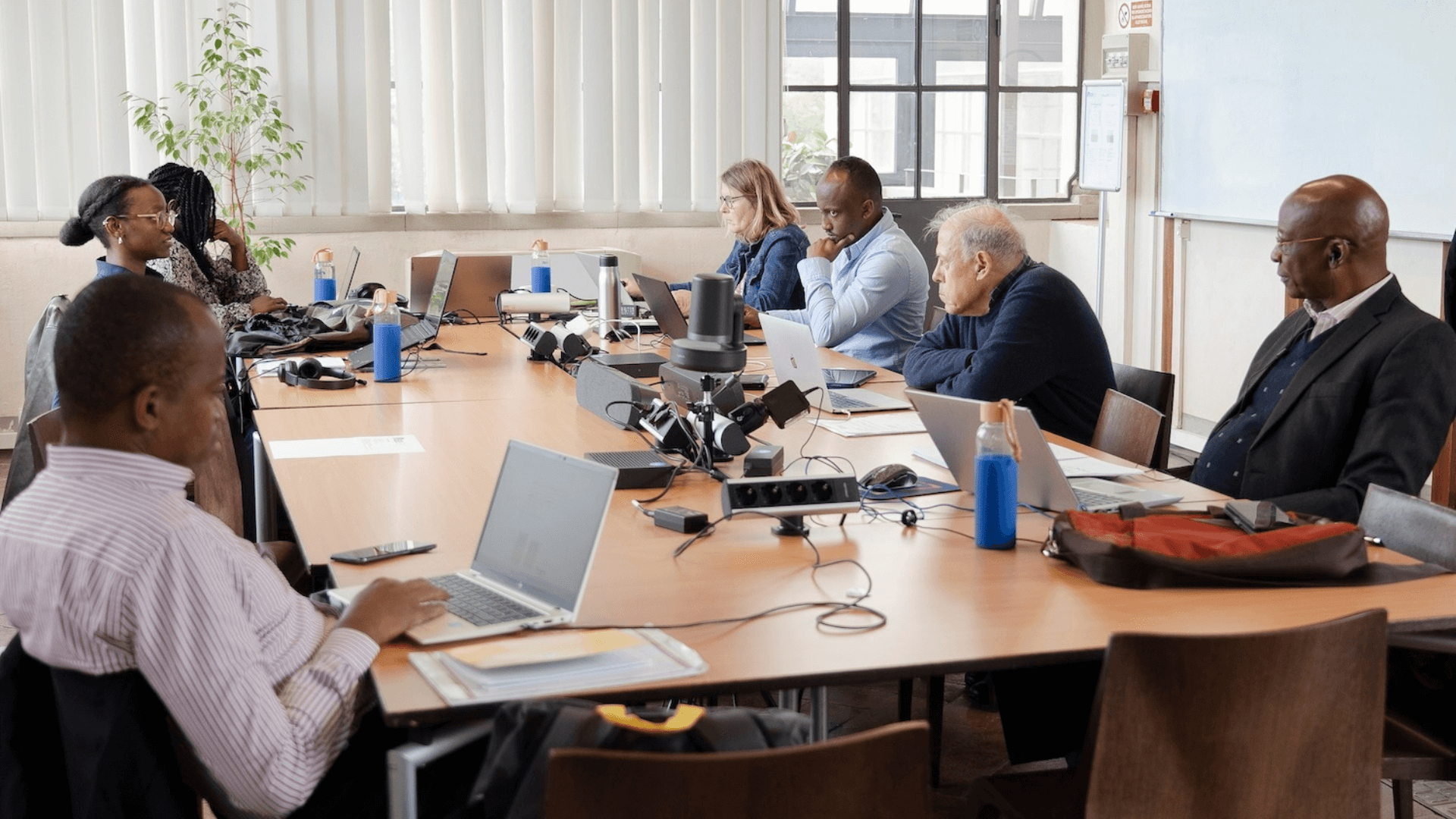African School of Regulation: a conversation with the new Director and the team

ASR chiara again
The ASR emerged from a collaborative effort between leading institutions in energy and climate change. Notably, the Florence School of Regulation (FSR) played a crucial role in its incubation, providing invaluable expertise and guidance during the school's formative stages.
Professor Ignacio Pérez-Arriaga, FSR, served as the interim director, laying a solid foundation for the ASR's future endeavours.
In this interview, Dr. Nyang and Prof. Pérez-Arriaga highlight their vision for the ASR.
Dr. Nyang, how do you plan to leverage the existing strengths of the School as you move forward?
"The ASR has made considerable progress in its short span of existence, distinguishing itself as the pre-eminent centre of excellence in training and research in energy regulation and policy in Africa. We owe this to our relationship with the Florence School of Regulation and to the leadership and personality of ASR’s Interim Director, Prof. Ignacio, who brought together partner institutions and professionals to give ASR a continental presence in Africa and raise funds to realize this initiative. We are in the process of relocating from the European University Institure to the African Capacity Building Foundation (ACBF) in Accra, Ghana. We have a well-trained core staff – thanks to the FSR – ready to roll out our activities targeting the African power sector and professionals primarily, but also addressing a global audience. To this end, we have established global partnerships to help us advance our programmes."
What specific goals do you have for school in the coming years? How will you ensure the ASR remains at the forefront of regulatory best practices and addresses the evolving challenges in Africa's energy sector?
"We are transitioning into Phase 2 of the development of the School, having identified ACBF Accra as the African hosting institution. We have prepared a comprehensive Five-Year Action Plan providing a stable portfolio of activities and a basis for collaboration with our implementing partners and further consultations with our funders. Our strategy will, therefore focus on: Training in energy regulation for professionals at all levels, focusing on African issues; Research activities to inform and improve the current energy regulatory practice; Organising events to foster policy dialogue involving key stakeholders in Africa; and Building a knowledge repository of the best regulatory practices that can be adapted to the specific circumstances of the African countries."
Last updated: April 18, 2024

